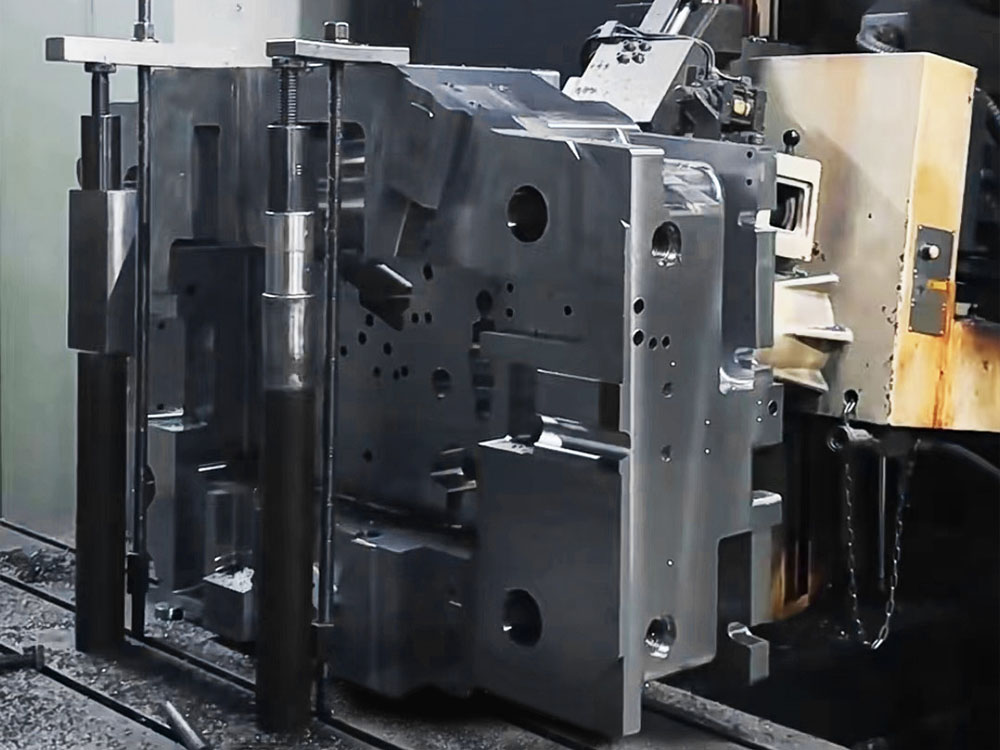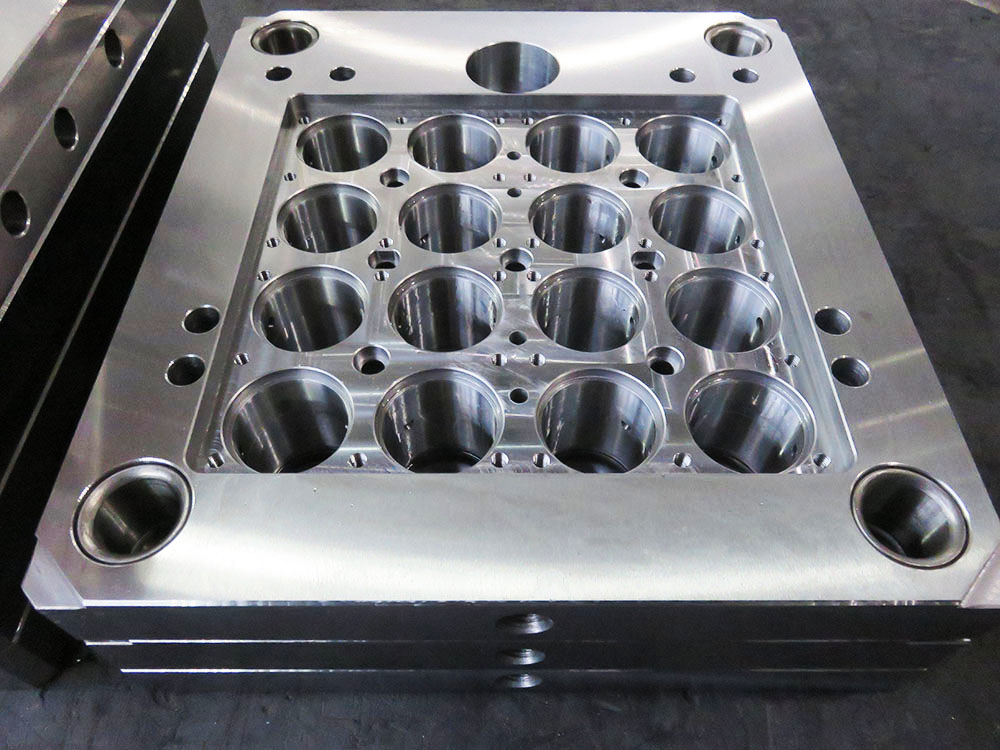Disadvantages of Sharing Economy Platforms in the Mold Base Industry
In recent years, the emergence of sharing economy platforms has disrupted traditional business models across various industries, including the mold base industry. Sharing economy platforms, such as online marketplaces and collaborative consumption platforms, have transformed the way businesses operate and consumers access goods and services. While these platforms offer several benefits, it is important to recognize and address the disadvantages they bring to the mold base industry. This article highlights some of the key drawbacks associated with sharing economy platforms in this industry.
1. Lack of Quality Control and Standards
One of the main challenges faced by mold base manufacturers in the sharing economy is the absence of strict quality control measures and standards. Traditional mold base manufacturers invest significant time and resources in ensuring that their products meet certain quality standards. However, sharing economy platforms often lack proper mechanisms to assess suppliers' capabilities and the quality of their products.
As a result, mold base manufacturers using sharing economy platforms may be exposed to substandard products that fail to meet their exact specifications. This can lead to delays in production, increased costs, and compromised product reliability. The absence of reliable quality control measures can also harm the reputation of mold base manufacturers, as consumers may associate poor product quality with the entire industry.
2. Pricing Challenges and Unfair Competition
Sharing economy platforms usually promote price competition among suppliers. While this can benefit customers by driving down prices, it can create challenges for mold base manufacturers. These manufacturers often have higher production costs due to factors such as specialized machinery, skilled labor, and material quality. As a result, they may struggle to compete with lower-priced offerings on sharing economy platforms, which usually focus on cost savings.
Furthermore, the lack of pricing transparency on these platforms can make it difficult for mold base manufacturers to determine fair market prices for their products. The presence of price wars and undercutting can lead to a race to the bottom, where manufacturers are forced to lower their prices to unsustainable levels. This not only affects their profitability but also hampers long-term investments in research and development and innovation.
3. Intellectual Property and Design Protection
The mold base industry heavily relies on intellectual property (IP) and design protection to safeguard their competitive advantage. However, sharing economy platforms may pose risks to IP protection. When manufacturers use these platforms, they often expose their designs and technologies to a wide audience. This increases the likelihood of unauthorized replication and counterfeiting, especially in regions where IP protection and enforcement are lax.
The sharing economy platforms themselves may also face challenges in ensuring IP protection. The responsibility of monitoring and preventing IP infringements can be complex and resource-intensive for these platforms, leading to potential gaps in ensuring fair practices and protecting the interests of mold base manufacturers.
4. Limited Control and Flexibility
Mold base manufacturers may have limited control and flexibility when using sharing economy platforms. These platforms typically act as intermediaries, connecting manufacturers with customers, and often dictate the terms of engagement. This lack of control can restrict manufacturers' abilities to customize their offerings, respond quickly to customer demands, or establish long-term relationships with clients.
Additionally, sharing economy platforms may introduce changes to their policies, algorithms, or fee structures without much input or consultation with the mold base manufacturers. These sudden changes can disrupt established business models and affect manufacturers' profitability and sustainability.
5. Reliance on Digital Infrastructure and Connectivity
Sharing economy platforms are dependent on digital infrastructure and connectivity. Mold base manufacturers in regions with poor internet connectivity or limited access to online services may face difficulties in fully utilizing and benefiting from sharing economy platforms. This can limit their market reach, hamper growth opportunities, and create a digital divide where some manufacturers are left behind.
Moreover, the reliance on digital platforms increases the vulnerability to cyber threats and data breaches. As mold base manufacturers share sensitive information and engage in financial transactions through these platforms, they become potential targets for cybercriminals, putting their intellectual property, customer data, and financial assets at risk.
Conclusion
While sharing economy platforms have transformed the way businesses operate in the mold base industry, they also present several disadvantages that need to be addressed. The lack of quality control and standards, pricing challenges, intellectual property risks, limited control and flexibility, and reliance on digital infrastructure are some of the key drawbacks that mold base manufacturers need to navigate when using these platforms. By understanding and proactively addressing these challenges, manufacturers can better leverage the benefits of sharing economy platforms while safeguarding their business interests and ensuring long-term sustainability.




